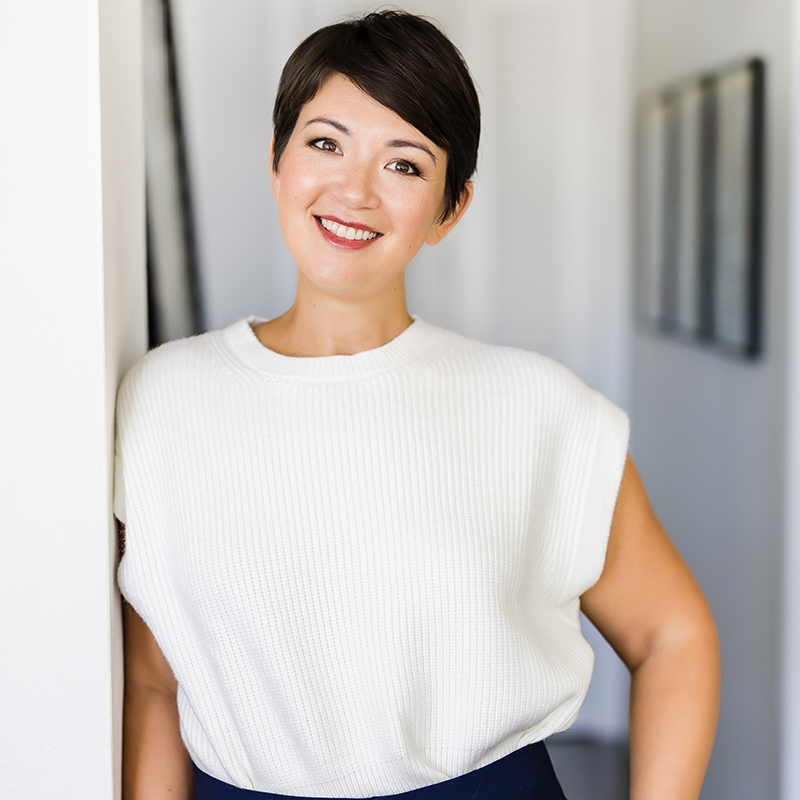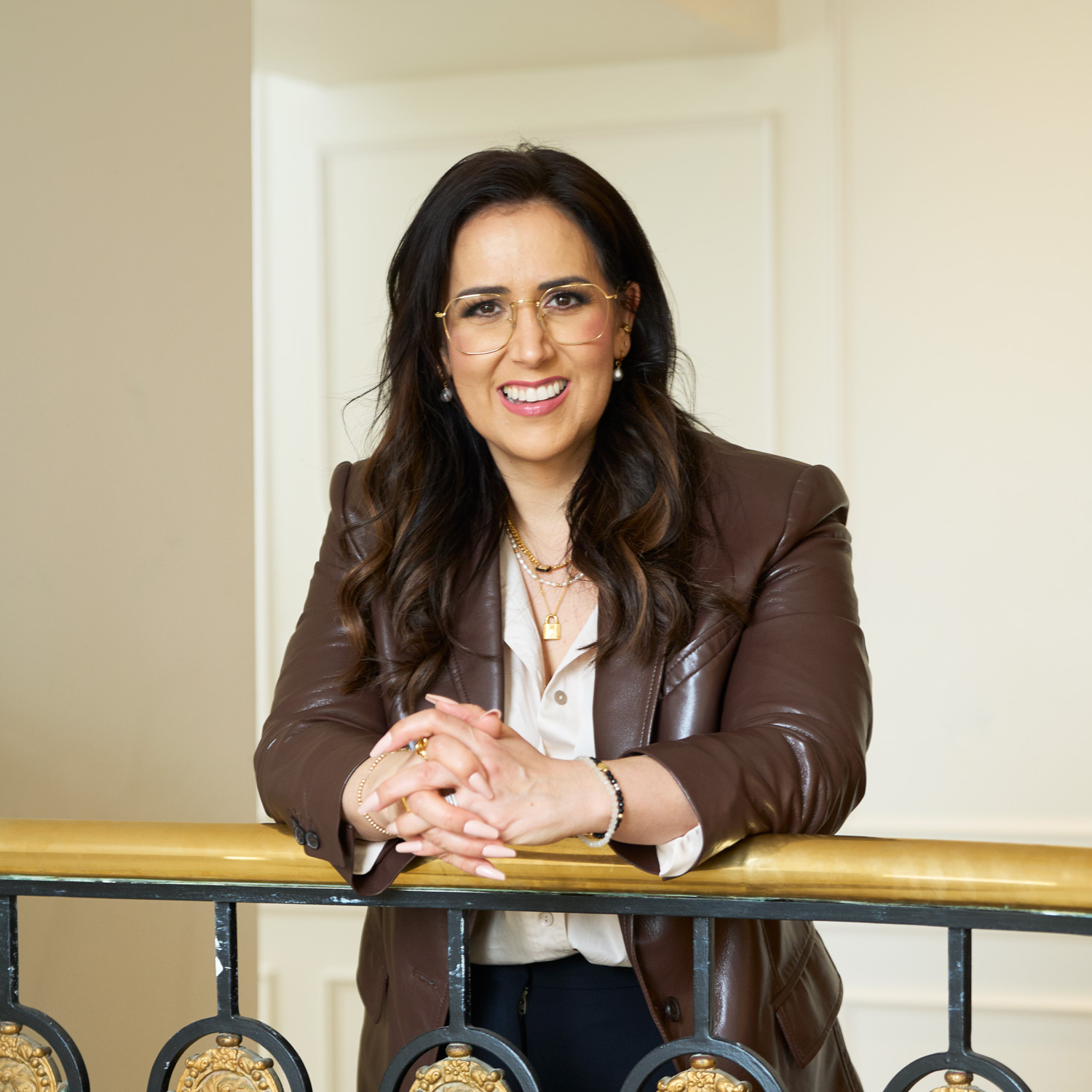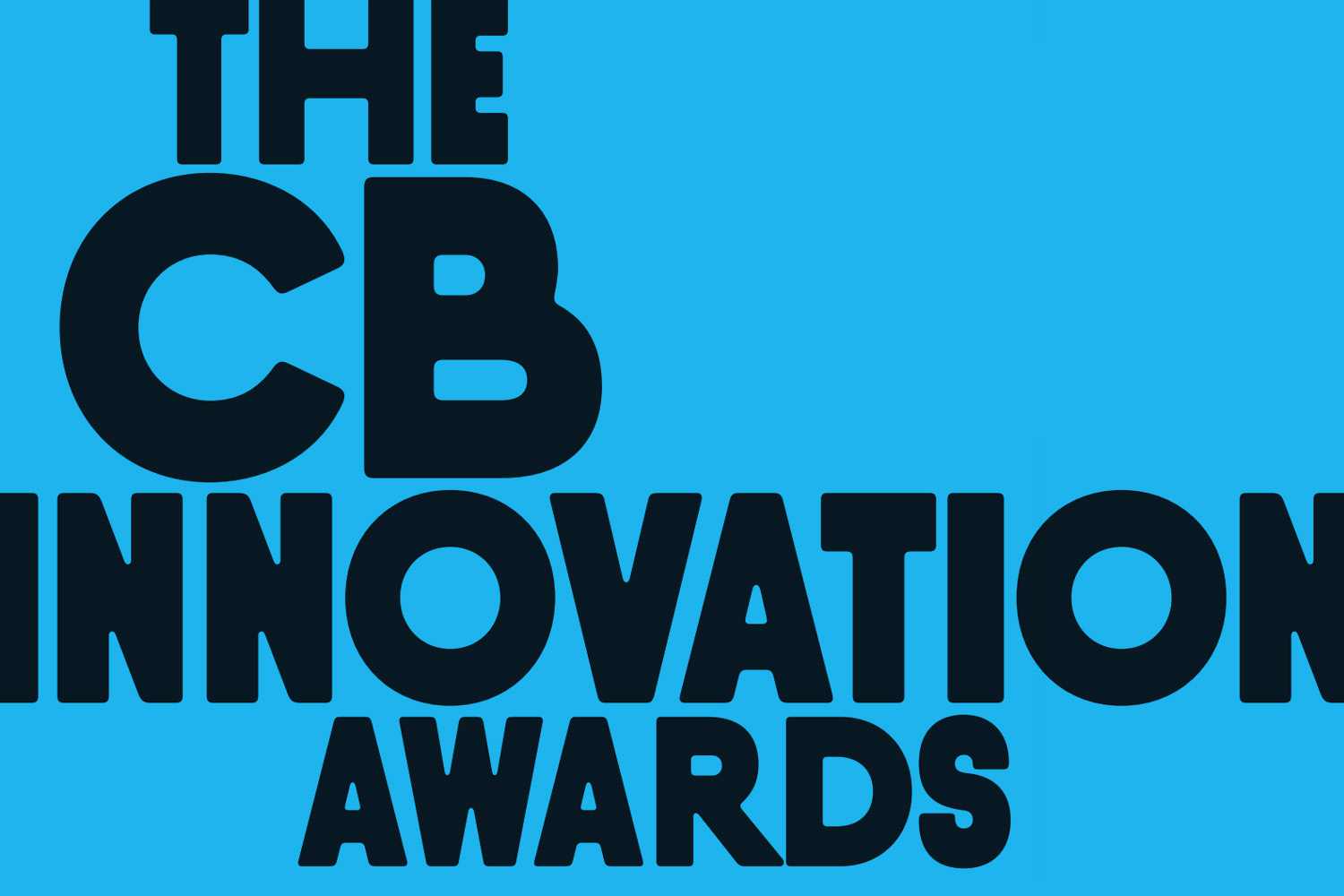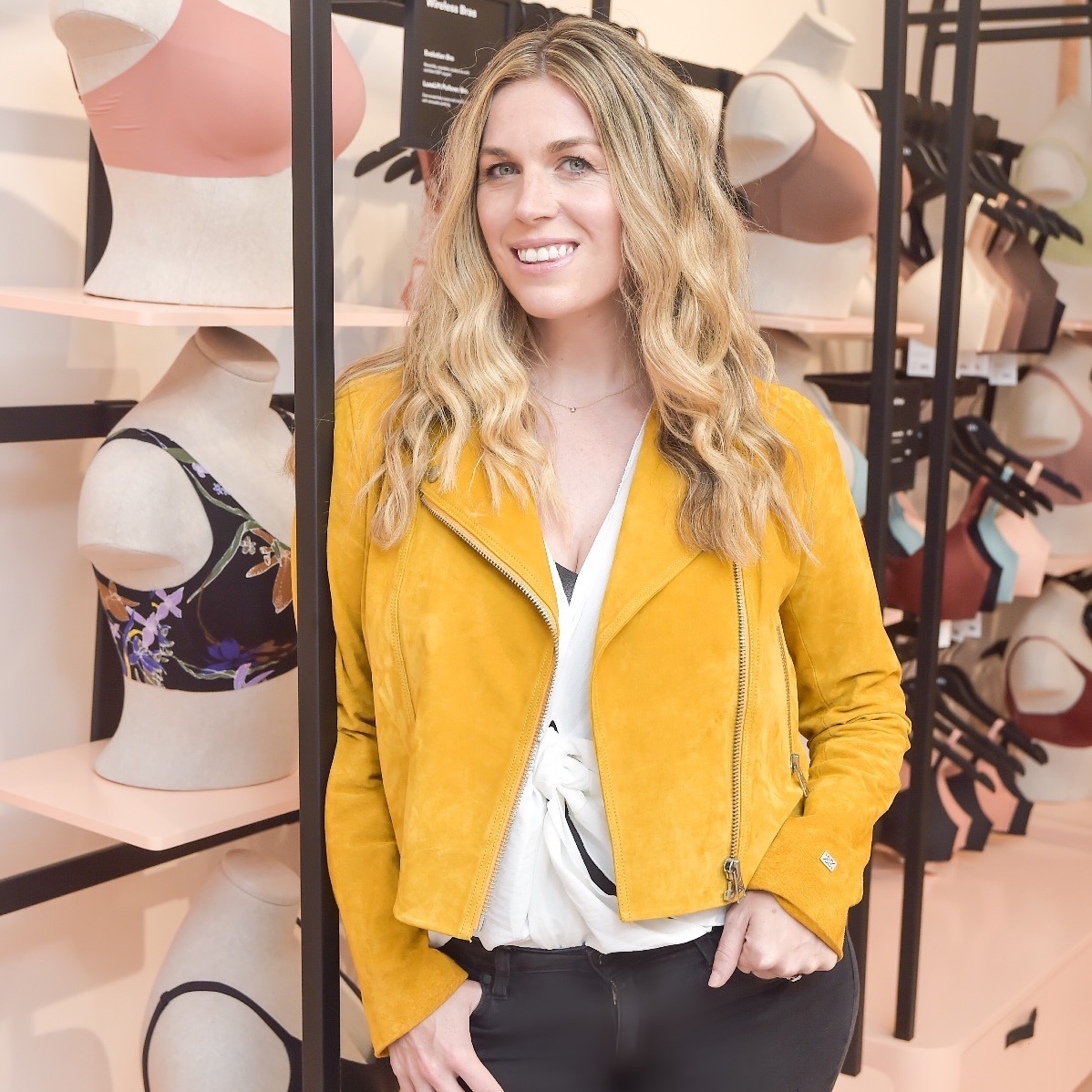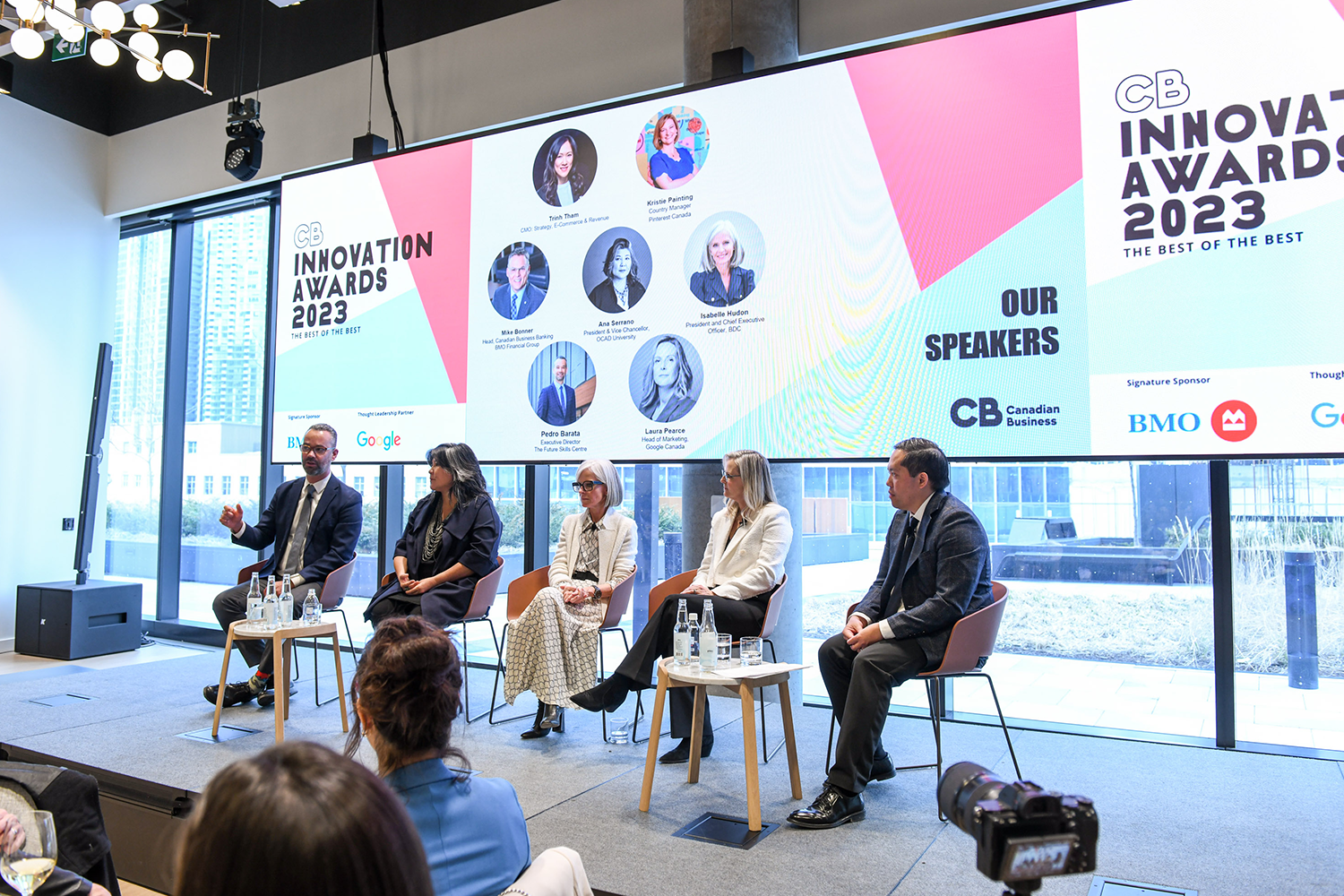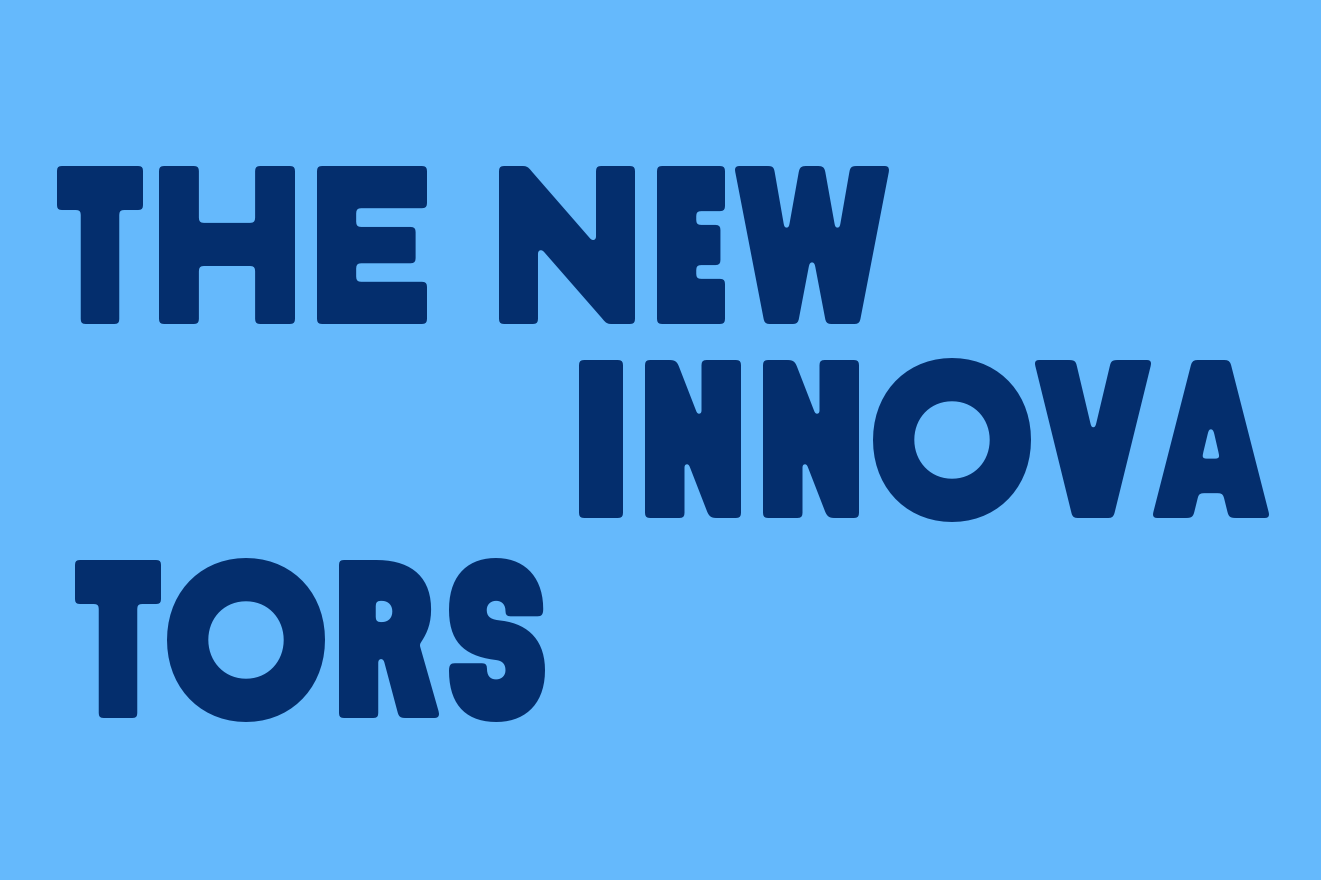Flooding the Market: How Canada Became a Period Product Hotspot
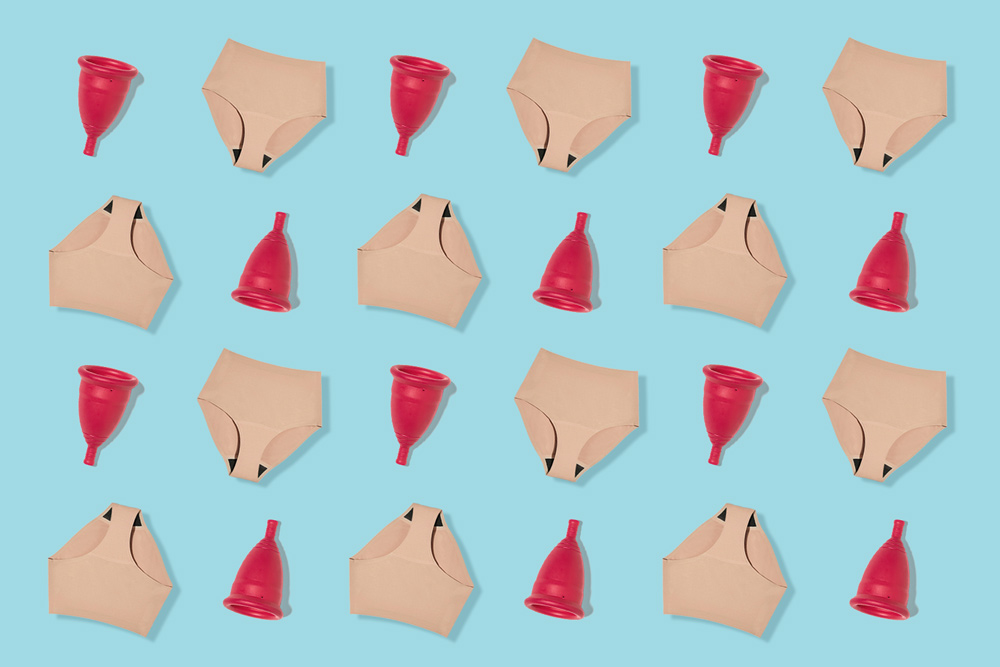
A decade ago, the selection in the “feminine hygiene” aisle was more or less this: disposable pad or tampon, scented or unscented. Occasionally, there were flowers on packaging. Canadian menstruators could only dream of purchasing an organic, reusable tampon applicator from a woman-led, carbon-neutral company that also donates partial proceeds to eradicate period poverty. But now, there’s Only, founded in late 2021, which joins innovators like Knix, Aisle, Nixit and others, in leading Canada’s recent quantum leap in period-product offerings.
It’s a certified boom, yes, but it’s one with well-established homegrown roots: DivaCup, the mainstream menstrual-cup prototype, popped up in Kitchener, Ont. in the early 2000s. Knix—which made period underwear less dumpy and more dazzling—set the tone for a slew of sophisticated and sustainable offerings from largely women-led companies in the years to follow. They’ve even inspired copycat products from monoliths like Tampax who launched its own menstrual cup in 2018.
And rather than simply settling for moving millions of units across our vast country, Canada’s rapidly multiplying period purveyors have resonated deeply with buyers, not by wading at arm’s length into the multifaceted conversation around menstrual-care access and innovation, but by leading it. Sometimes radically so.
The rise of femtech
To understand how Canadian menstruators went from a pittance of bulky and dated period-panty options to an utterly fashionable (and body-positive!) abundance in seemingly short order, you have to examine how the realms of commerce, science, politics, social media and gender discourse have intersected specifically in the last few years: Periods—and women’s health in general—can no longer be written off as a niche or frivolous concern.
Consider the undeniable rise of “femtech,” a term coined in 2013 by Ida Tin, the German founder of period-and-ovulation tracking app Clue, to describe software, products and services focused on improving the still under-researched sphere of women’s health, like fertility, menstruation and menopause. Despite female-focused care accounting for a meagre four per cent of global health-care research and development, the femtech segment is expected to hit a valuation of $60 billion by 2027, according to Emergen Research. And while women have been grossly underrepresented in Canada’s venture-capital community, the amount of accredited investors who are women (read: potential angels) has grown exponentially in the last decade, with the total number of women earning more than $250,000 jumping by 49 per cent.
“I’ve always said that our role is to educate and empower”
On the social justice front, as #MeToo foregrounded conversations about women’s bodily autonomy, the issue of period poverty—the lack of access to safe, hygienic menstrual products—was simultaneously thrust into the national consciousness. In 2015, the Canadian government nixed the “tampon tax” from feminine hygiene products and in 2019, B.C. became the first province to mandate the provision of period-care products in all school bathrooms. As of October 2020, a petition was tabled in the House of Commons to provide free menstrual products in all federally regulated workplaces. (Though that legislation was later stymied by COVID, at the provincial level Ontario partnered with Shoppers Drug Mart to disperse tampons and pads to students beginning in fall of 2021.)
Changing the period narrative
Speaking of Shoppers Drug Mart, thanks to the new variety in colours, designs and materials, period care items are verging on Instagrammable status symbols rather than contraband shamefully shuffled through the drugstore checkout. It seems a far cry from even 2015, when American period panty line Thinx caused an uproar over its “controversial” ads in New York subway stations.
Attribute the shift in consciousness at least partly to the fact that period businesses themselves, wisely, haven’t shied away from playing politics: Among the Canadian firms who benefited from the federal government’s new $2 billion Women Entrepreneurship Strategy, designed to double the country’s number of women-led firms by 2025, is Vancouver’s LunaPads (now Aisle). Founded in 1993, the certified B corp specializing in reusable cloth menstrual pads, underwear and cups—and aimed at creating “positive and informed” period experiences—explicitly branded itself as a social “mission-driven” business from the outset.
They’re in good company. Where Knix mainstreamed eco-conscious leakproof underwear for all body types, Aisle’s products are designed inclusive for transgender and non-binary folks: They are gender-neutral and styles come in panties and boxer briefs. Edmonton-based company Ruth, which manufactures plant-based pads and is named for the late American justice of the Supreme Court Ruth Bader Ginsburg, even donates a portion of products to women’s shelters across the country. Almost all engage in some form of progressive taboo-smashing head-on.
“I’ve always said that our role is to educate and empower,” says Rachael Newton, founder of Toronto’s Nixit, which sells $54 medical-grade silicone cups that are good for five years. Newton believes that customers have become more empowered to ask questions about their bodies over the last few years, and don’t just adopt the “get on with it” mentality that was common in generations prior. “We’re talking about really personal experiences that happen to people every month, and I just don’t think we’ve ever really had the information or selection until now,” she says.
For consumers keen to ditch landfill-clogging disposables for more eco-friendly options, Ottawa-based Only is a pioneer in the sustainability space. In addition to subscriptions and carbon-neutral shipping, Only offers affordable tampons and pads made from biodegradable organic cotton (as opposed to the usual rayon), as well as Canada’s very first reusable tampon applicator that is designed to be washed.
“It’s been an industry that just hasn’t seen much innovation—until now”
The firm’s co-founder and CEO, Kathryn Plouffe, while still fizzing with post-launch optimism, is very transparent about the country’s barriers to market entry: social and legal. “I think we’re getting there, but we’re definitely not as progressive as Europe,” says Plouffe of the initial reception to Only’s reusable applicator. “I’ve gotten a lot of questions, like, ‘Is that sanitary?’ which could be an issue of sexual health and wellness education. But social media really opened up the conversation—especially to men, which is so great to see. One of my business partners originally thought we used one tampon per period.”
Making products at home
Even if domestic attitudes towards menstruation are evolving, Plouffe says that the logistical hurdles involved in getting period products vetted and to market can be competitively limiting. Canada is one of few countries that considers tampons and other “insertable” feminine-hygiene products Class II medical devices, which means they must be licensed by Health Canada before they’re imported, sold or advertised. The devices are also subject to a longer ISO certification for quality-assurance purposes. All told, Plouffe said Only’s applicator process took three years. And due to Canada’s vast geography, shipping to customers who live outside of major urban centres is expensive. Plouffe remarks that, to turn a profit here means online carts have to hit at least $60 in products as opposed to $15 in the U.S.
Laura Weinrib, a Toronto lawyer who has represented clients in the femtech space, notes that Canada “isn’t unfriendly” regulation-wise, but the process isn’t without complications. Just because a product meets regulatory requirements in the U.S. does not mean it will in Canada, she says—something that often comes as a surprise to business owners. “There’s also an ever-growing interest in making claims regarding sustainability, and those are heavily regulated,” she says. “You really have to have all your ducks in a row.”
This regulatory process can put Canadian companies at a bit of a disadvantage, says Nixit’s Newton, who cites competitors like Amazon-sold cups that aren’t subject to the same authorization obstacles as domestic brands. “They don’t have the expenses that we have, because we are compliant,” she says. “But ultimately, Health Canada is doing the right thing. Do I think that something you’re putting in your vagina for 12 hours a day should be thoroughly researched and developed and tested? Yes, I do.”
Plouffe says that, despite Only’s market research yielding mixed preferences when it comes to period aids, two things that her customers unambiguously support are Canadian-made items and the demise of single-use plastics. It’s estimated that, in a single lifetime, a person who menstruates will go through 5,000 to 15,000 pads and tampons—which makes the Canadian corporate urgency around eco-friendly options all the more important. At Nixit, the estimated adoption of its suction-free cup has diverted 42 million menstrual products from the garbage bin.
Menstrual-care entrepreneurs have always been forced to contend with the dusty bureaucracy and skeptical, squeamish attitudes of the past to prove their mettle in the present. Having, in many cases, an intimate knowledge of what’s needed—and by refusing to parcel out the politics from their products—innovators in Canada are laying the groundwork for commercial period care that’s accessible for all bodies, at all income levels, with less landfill load, and (ideally) in a variety of stylish colours, well into the future. While regulations take time and shipping can be expensive, that doesn’t necessarily translate to consumers: Aside from the initial upfront cost, something like Only’s reusable applicator (which lasts 10 years) saves money over time because people don’t need to buy another one every cycle.
Canadian companies know that to talk about periods is to talk about climate change and income inequality and trans rights and it seems that everyone else is meeting them in their moment. “I’m super happy to see all these companies coming up with innovative products,” says Plouffe. “It’s been an industry that just hasn’t seen much innovation—until now.”
